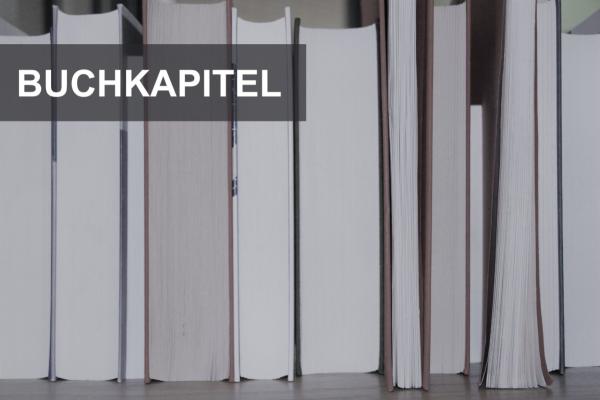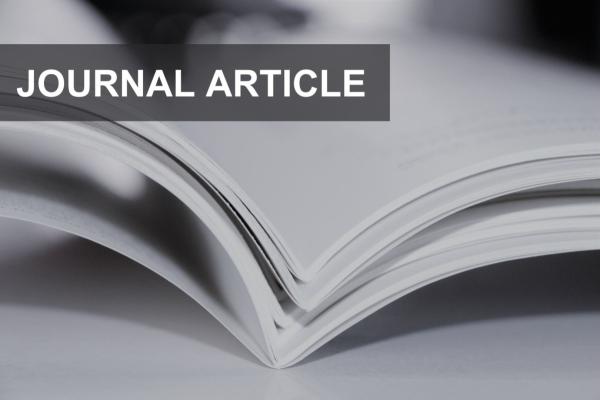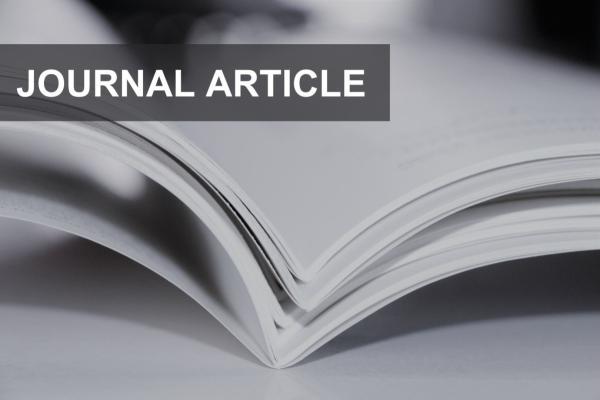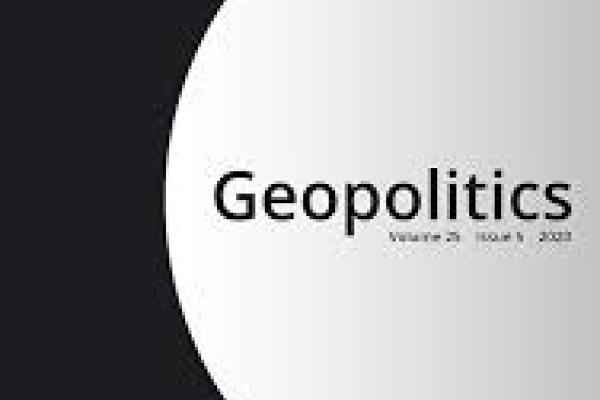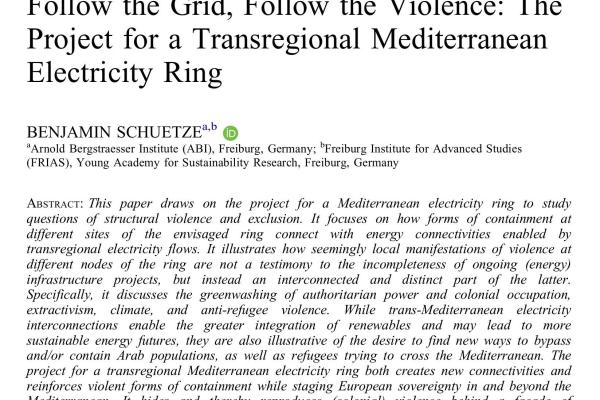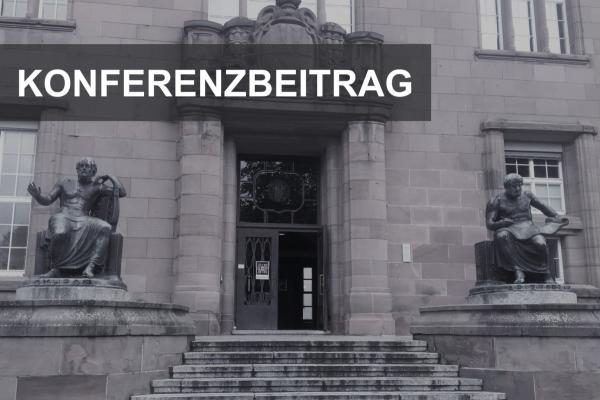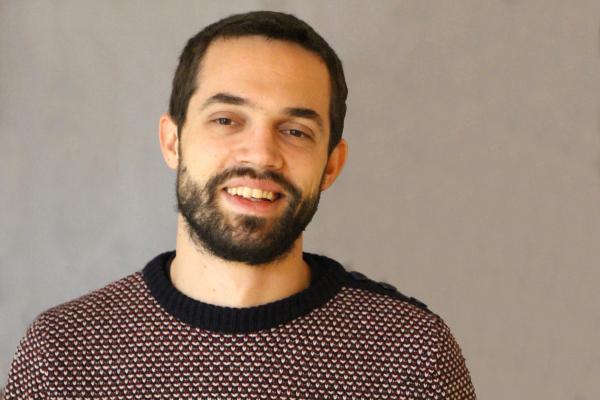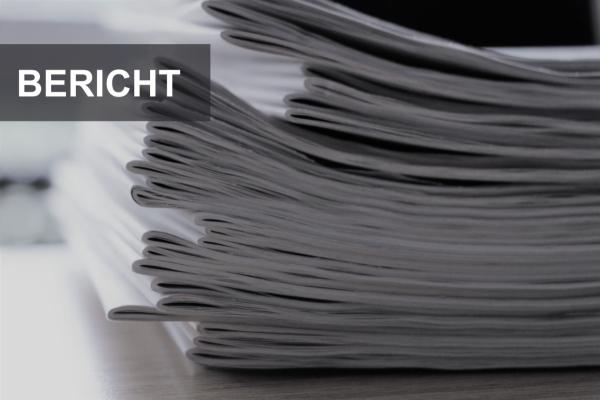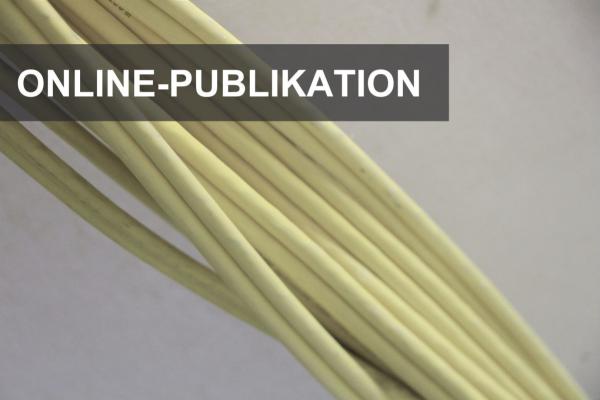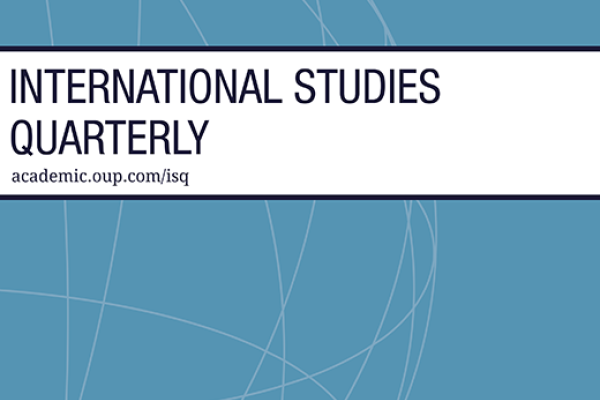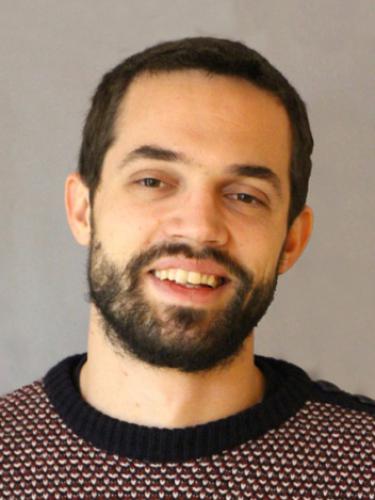
Renewable Energies, Renewed Authoritarianisms? The Political Economy of Solar Energy in the Middle East and North Africa (MENA), DFG Emmy Noether Junior Research Group, 2022-2028.
Promises of Democratic Connection? The Politics of Transregional Energy Infrastructure Expansion, Thyssen foundation, 2022-2024.
Making Infrastructure Global? Design and Governance of Infrastructural Expansion in the Global South, EUCOR seed money, 2020-2022.
Mitglied im Vorstand der Deutschen Arbeitsgemeinschaft Vorderer Orient (DAVO), Schatzmeister
Mitglied im DAVO Gremium für Wissenschaftsfreiheit (GfW)
Mitglied im Committee on Academic Freedom of the British Society for Middle Eastern Studies (BRISMES)
Mitglied des International Editorial Advisory Board of Middle East Critique
Mitglied im Security in Context Netzwerk
Mitglied in der FRIAS Young Academy for Sustainability Research
(2024) "The Uneven Politics of Decarbonization in the Middle East and North Africa", Middle East Research and Information Project (MERIP), Issue 311, Post-Fossil Politics.
(2024) "Supporting plausible acts of genocide: Red lines and the failure of German Middle Eastern Studies", Project on Middle East Political Science (POMEPS), Studies 51, The War on Gaza and Middle East Political Science, pp. 32-38.
(2024) "Facilitating Energy Flows, Containing Humans: Authoritarian Energy Transitions in the Middle East and North Africa (MENA) Region", (mit Elia El Khazen, Charlotte Müller & Philipp Wagner), State of Power, Transnational Institute, February 8.
(2024) "Elsewheres of the Unbuilt: The Global Effects of Transnational Energy Infrastructure Projects", (mit Maren Larsen, Alke Jenss & Kenny Cupers), International Journal of Urban and Regional Research (IJURR), open-access.
(2024) "Seizing the Moment": Arab-Israeli normalization, infrastructure as a means to bypass politics and the promotion of an Israeli-Jordanian transit trade", Geopolitics, online-first.
(2023) "Follow the Grid, Follow the Violence: The Project for a Transregional Mediterranean Electricity Ring", Middle East Critique, online-first.
(2023) "The Geopolitical Economy of an Undermined Energy Transition: The Case of Jordan", (mit Hussam Hussein), Energy Policy, 180: 113655, open access.
(2021) "Rethinking Authoritarian Power: The Logistics Space and Authoritarian Practices in and between Secondary Port Cities of the Global South", (mit Alke Jenss), International Studies Quarterly, Vol. 65, pp. 82-94, open-access.
(2019) Promoting Democracy, Reinforcing Authoritarianism: US and European Policy in Jordan (Cambridge University Press); reviewed in The Middle East Journal and Democratization.
(2017) "Simulating, marketing, and playing war: US-Jordanian military collaboration and the politics of commercial security", Security Dialogue, Vol. 48, No. 5, pp. 431-50.

